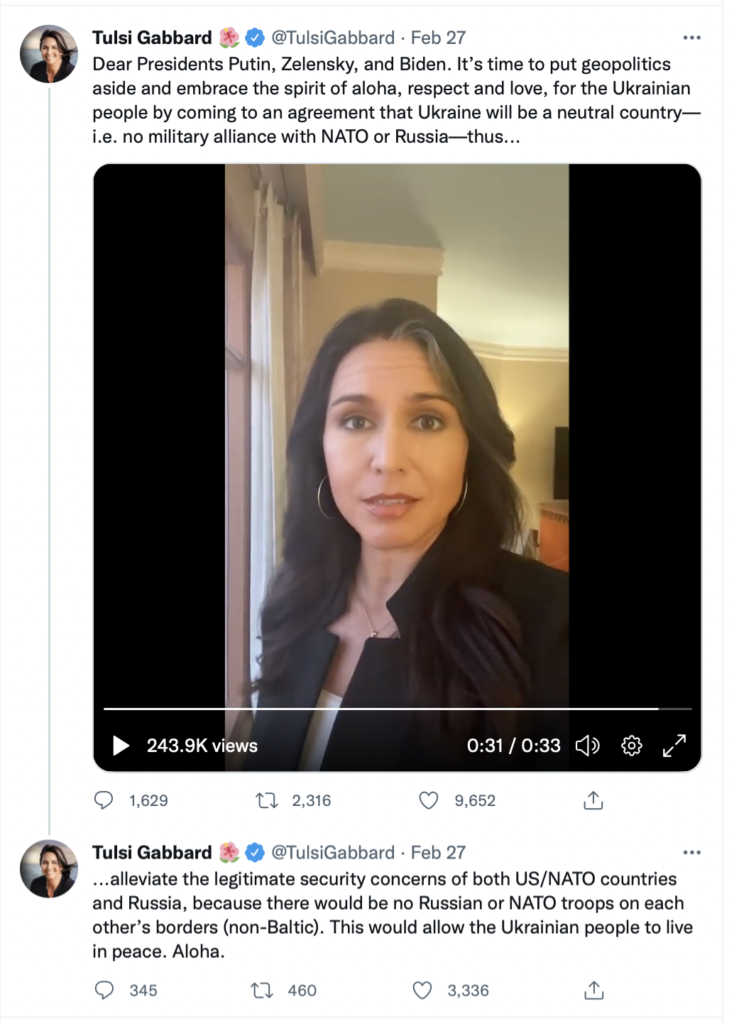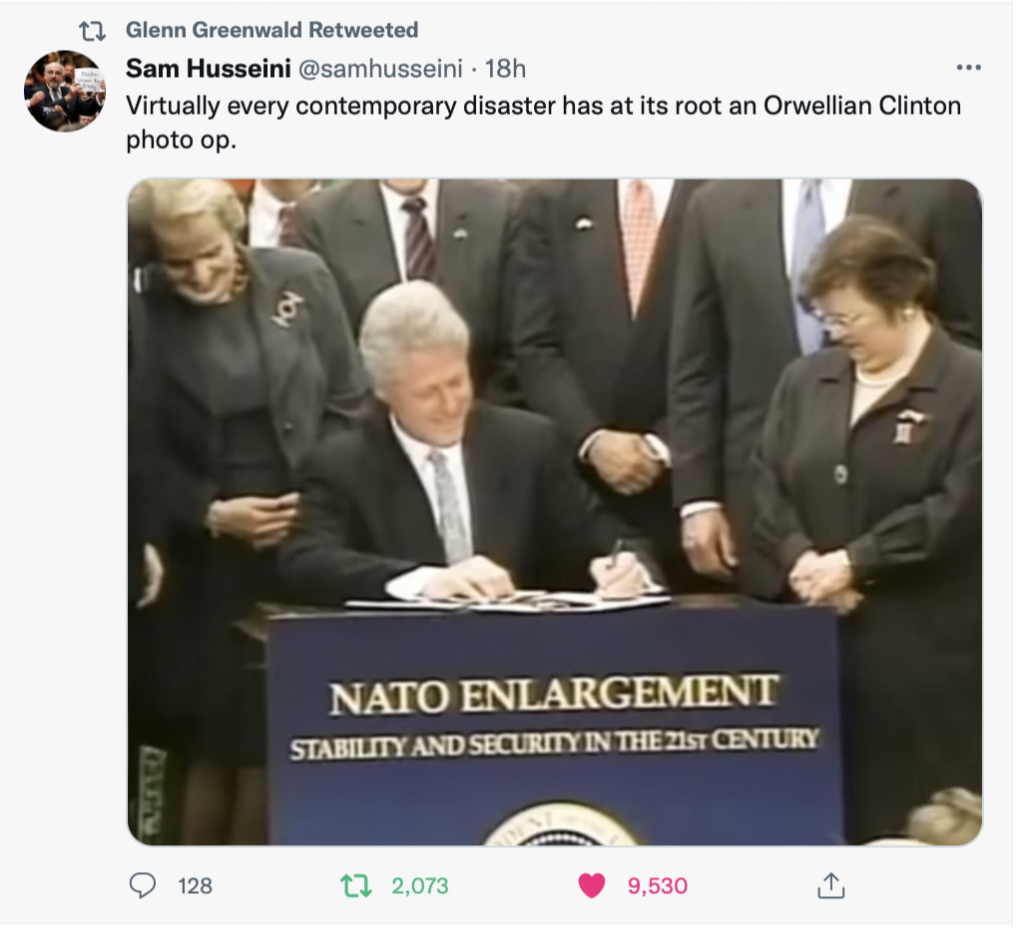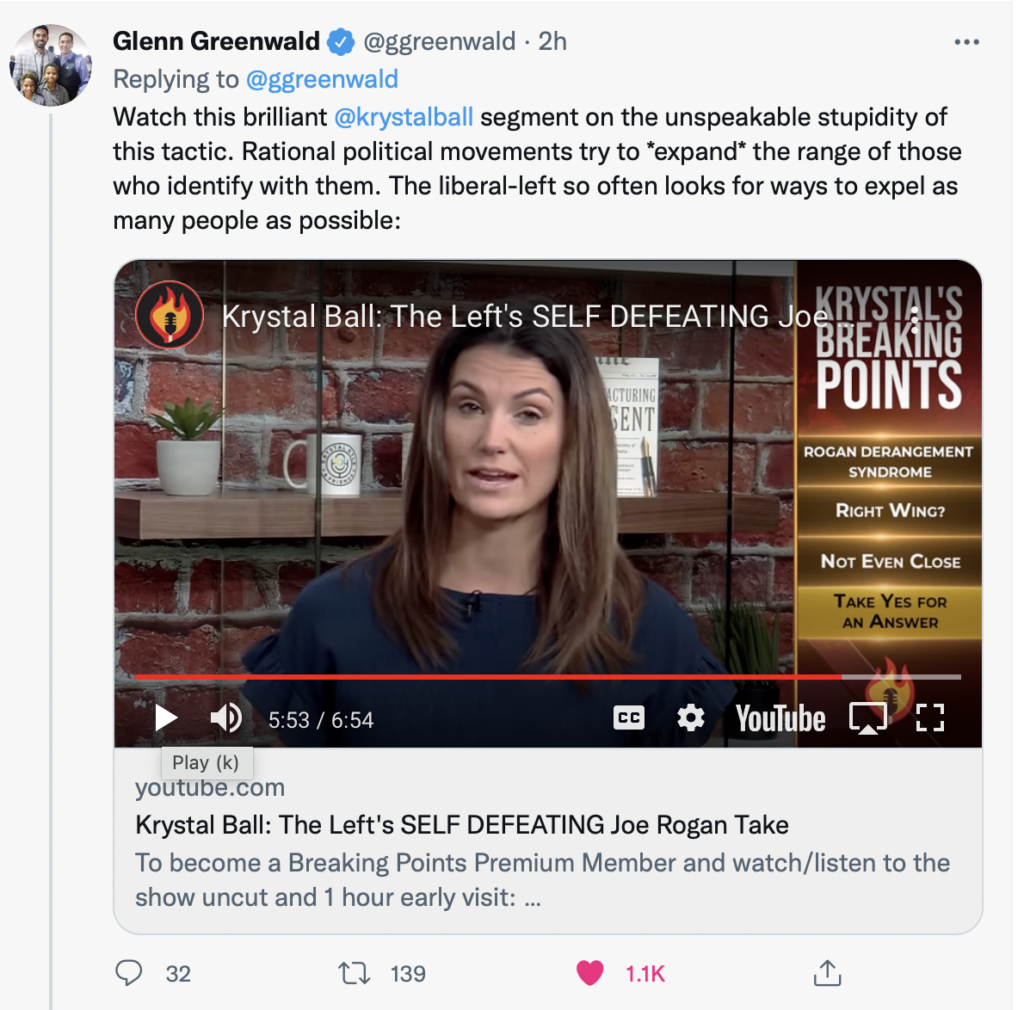The Problem with “Culturally Responsive Education” (CRE) and Other Variants of Neoracism
Dana Stangel-Plowe of the Foundation Against Intolerance and Racism (FAIR) explains:
In our latest video, FAIR’s Dana Stangel-Plowe discusses the issues surrounding a new academic theory called “Culturally Responsive Education.” While intended to connect students with their educational material on a deep level, Stangel-Plowe explains how this new method achieves the opposite by assuming people who superficially look like one another must also think like one another.
[T]he idea of providing kids books that feature characters who look like them feels intuitive as a way to connect them to the material; but building curriculum around students’ skin color, ancestry, or gender raises serious questions about the very purpose of education in our diverse and pluralistic nation.
By making assumptions about what will engage students based on race or immutable traits, CRE is racist. The idea that all people who share the same group identity would also share the same interests, experiences, or beliefs is reductive and demeaning to the unique human beings in that group.
Stangle-Plowe offers a more detailed analysis at FAIR's website:
Despite what some of its proponents would have us believe, CRE is much more than simply a framework for student-centered learning and a celebration of different cultures and cultural ways of knowing. CRE’s focus on “power dynamics,” “social change,” “liberation,” and “equitable outcomes” plainly reveal that critical pedagogy is baked into CRE. Critical pedagogy, popularized by Paolo Freire, is the Marxism-derived school of critical theory applied to education. Thus, it designates K-12 classrooms as the place to start a revolution to dismantle the dominant power structures—meaning our current systems of liberal democracy. Critical pedagogy is explicitly a political ideology—similar to other illiberal ideologies that focus on “liberation” and seek equality of outcomes—aiming to turn students into revolutionary activists.
With CRE becoming widespread, we must consider: Is there a better way to leverage student engagement for success across cultures? And, most importantly, how do we ensure that all students, regardless of their group identities, become “classroom insiders” without dehumanizing them or flattening them into stereotypes—and without replacing learning with activism?
It seems that we are mastering the art of slicing and dicing people culturally in much the same way that Google, Facebook and Amazon are using Billy Ball analytics on their customer bases. I see no problem categorizing people by their interests, such as knitting, pickle ball or art. The problem is with dividing people by irrelevant categories, such as the way they look or (often) the place where they were born. CRE assumes that people are "stuck" in these irrelevant categories and they they want more and more of the same. As Stangle-Plowe states, this is insulting and destructive. I'm proud to say that I am constantly learning many wonderful things from people who look different than me. I'm also proud to say that I don't obsess over what a person looks like. CLE is a well-meaning but destructive to the American Dream that we are one people who can work and play together. E pluribus unum.
Evaluating people based on superficial characteristics is inaccurate and lazy. We need to avoid all miscategorizations, of course. Because people are extremely complex, it makes no sense to judge them on "race," sex or national origin any more than it would to determine who they are based on astrology.
Our cultural dysfunction based on insanely off-target miscategorizations needs to be cut off at the root, as suggested by Sheena Mason:
a nonpartisan organization dedicated to advancing civil rights and liberties for all Americans, and promoting a common culture based on fairness, understanding and humanity.
In conclusion, I am including FAIR's Principles of Peaceful Change:
FAIR Principles of Peaceful Change
Based on Dr. Martin Luther King Jr.'s Principles of Nonviolence
Exercise Moral Courage. Telling the truth is a way of life for courageous people. Peaceful change cannot happen without a commitment to the truth.
Build Bridges. We seek to win friendship and gain understanding. The result of our movement is redemption and reconciliation.
Defeat Injustice, Not People. We recognize that those who are intolerant and seek to oppress others are also human, and are not evil people. We seek to defeat evil, not people.
Don’t Take the Bait. Suffering can educate and transform. We will not retaliate when attacked, physically or otherwise. We will meet hate and anger with compassion and kindness.
Choose Love, Not Hate. We seek to resist violence of the spirit as well as the body. We believe in the power of love.
Trust in Justice. We trust that the universe is on the side of justice. The nonviolent resister has deep faith that justice will eventually win.



